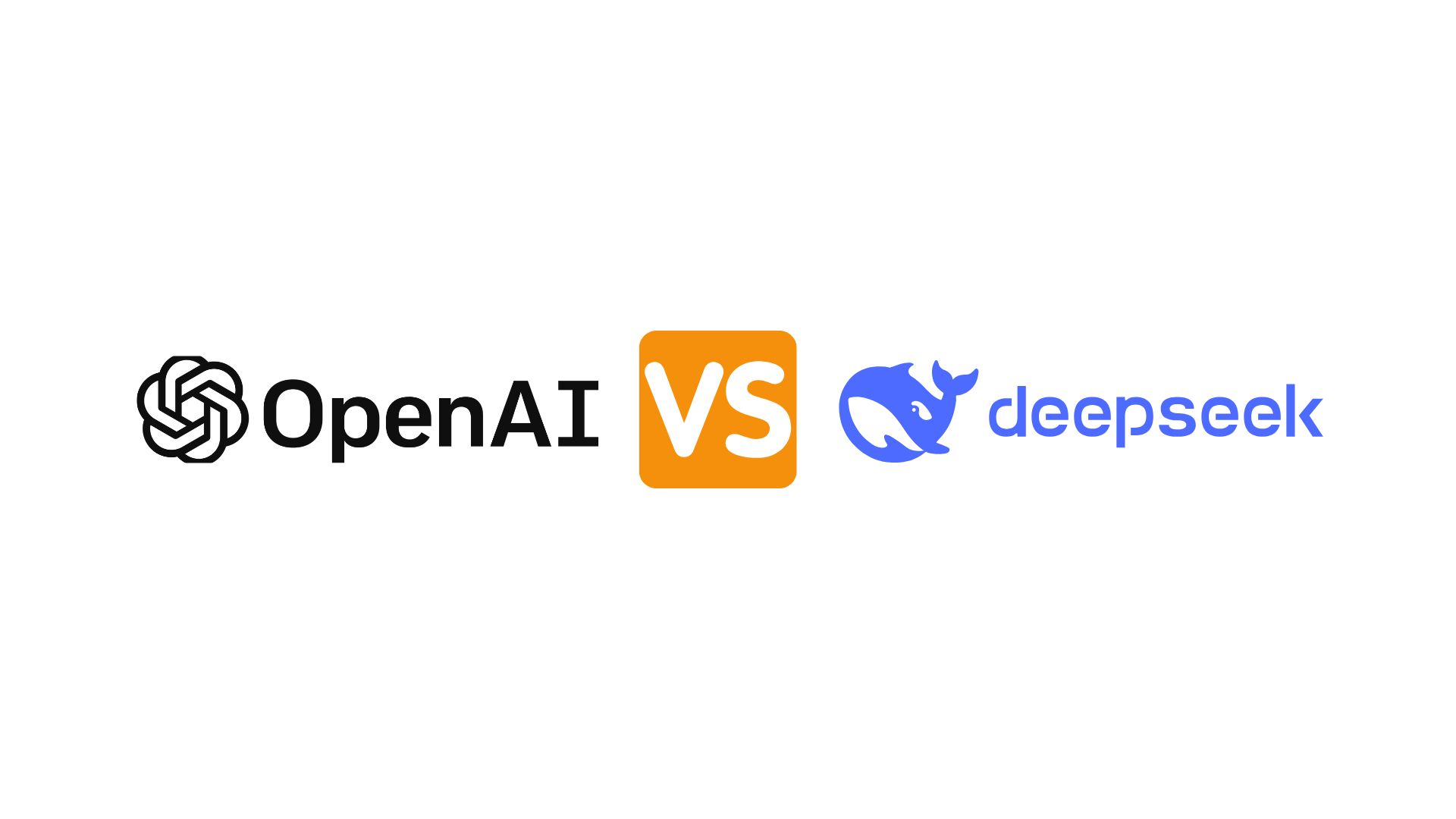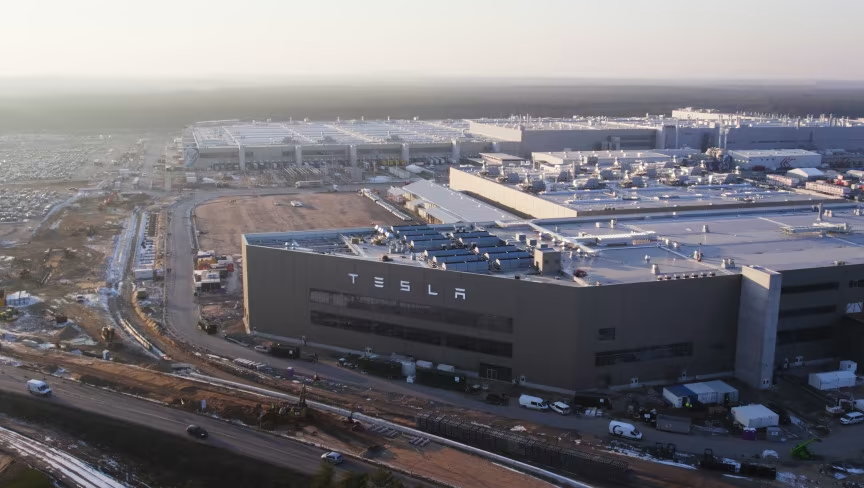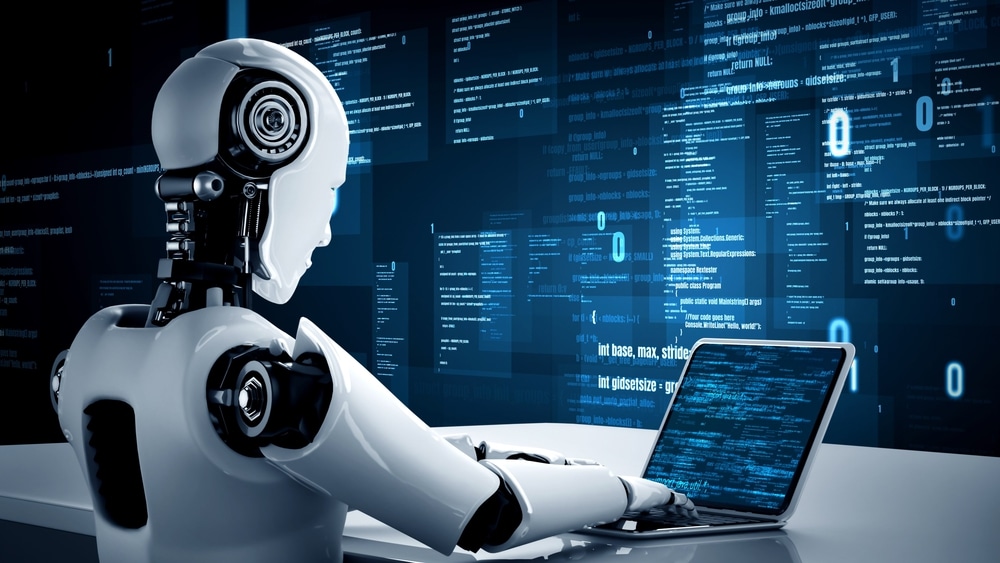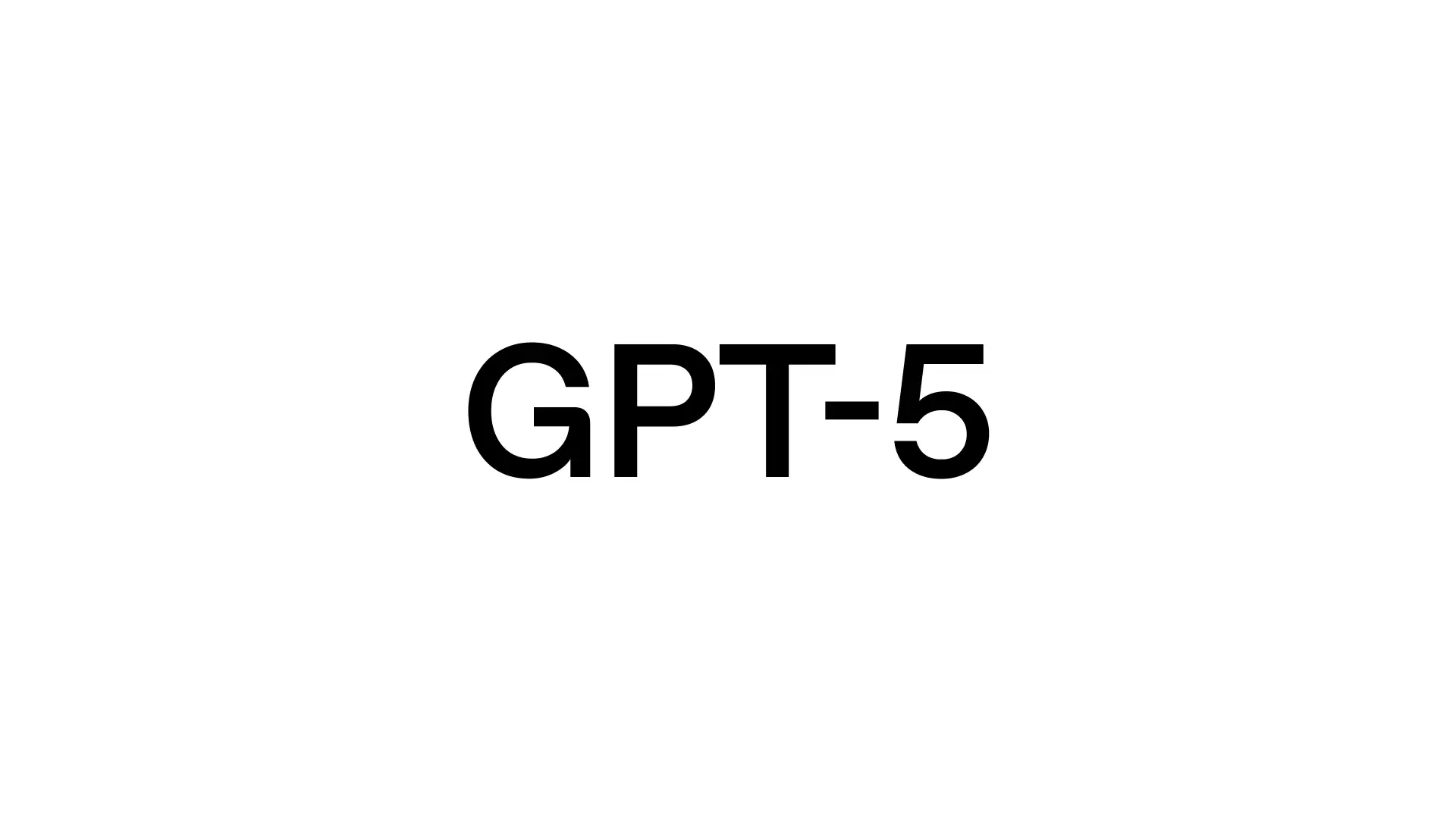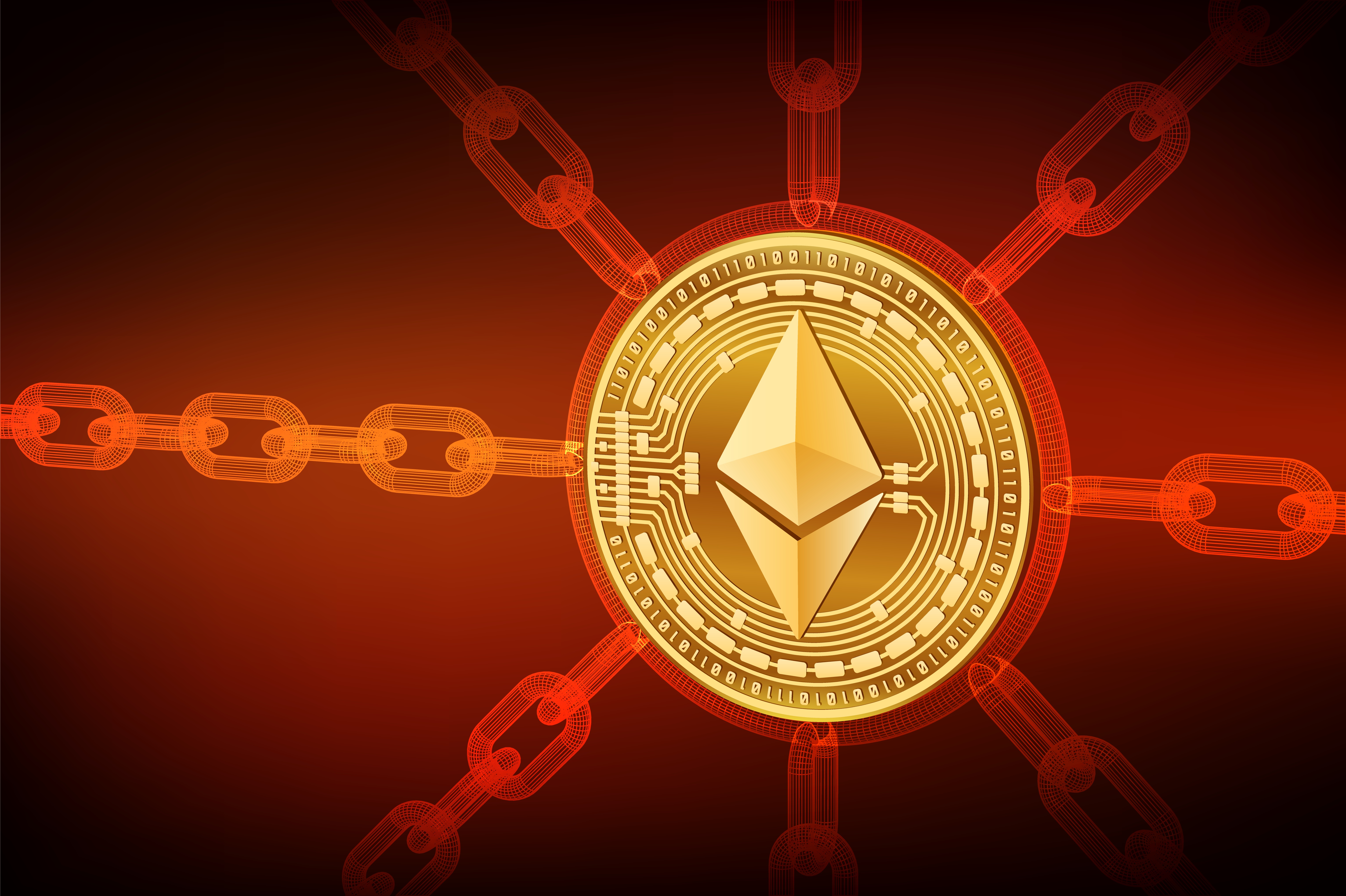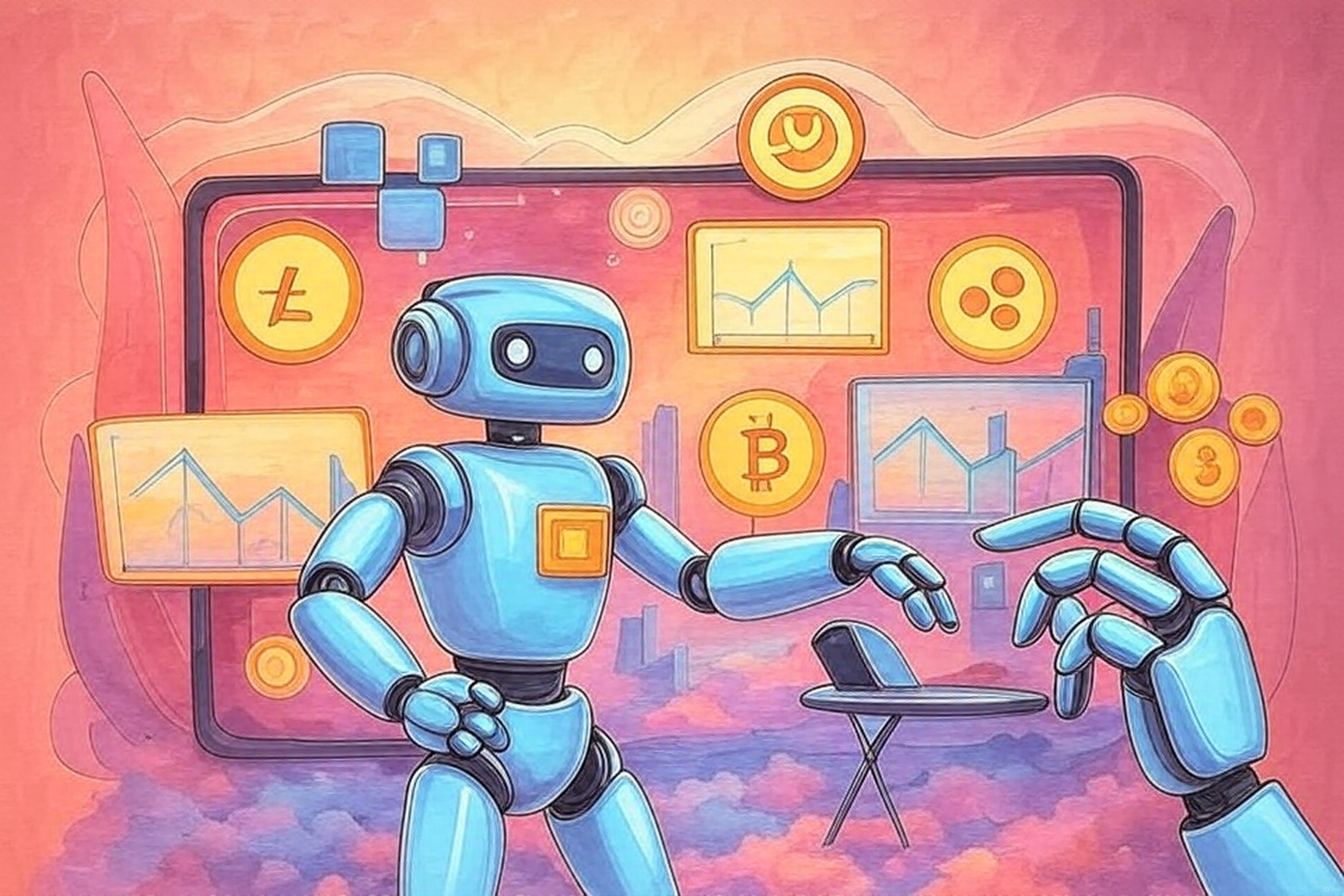
8 – 15 August 2025

Dear readers,
In the past seven days, US–China tensions over AI chip exports unexpectedly reversed. The Trump administration pushed ahead with an unprecedented export-for-revenue-sharing model, and Beijing quietly countered. Namely, Washington granted Nvidia and AMD permission to resume sales of specific lower-end AI processors to China, including Nvidia’s H20 and AMD’s MI308, on the condition that 15% of related revenue goes directly to the US government. The administration framed the move as both commercially advantageous and strategically valuable, arguing it keeps Chinese AI development tied to less advanced US technology.
During the following days, President Trump said he is open to allowing a 30-50% less powerful version of Nvidia’s flagship Blackwell chip into the Chinese market. The proposal has fueled bipartisan concerns in Washington that even degraded chips could help Beijing accelerate its AI advancement. Critics, including Republican and Democratic lawmakers, condemned the decision and warned that monetising export licenses risks turning US national security policy into a ‘pay-for-play’ system, undermining the traditional principle that such controls are non-negotiable.
Beijing has responded with quiet but firm resistance, since regulators have instructed major Chinese tech companies, including Tencent, Baidu, and ByteDance, to avoid using Nvidia’s H20 chips, particularly in government or security-related projects, and to favour domestic options such as Huawei processors. Media have amplified doubts over the security and reliability of the US hardware, while officials signal a long-term push toward semiconductor self-sufficiency. At this point, we can pose the following question: Is Washington trying to balance economic gain and strategic control while Beijing is working to insulate its tech sector from foreign dependence?
In other news, the Open Data Institute (ODI) has published a manifesto setting out six principles for shaping the EU policy on AI and data. Aiming to support policymakers, it aligns with the EU’s upcoming digital reforms, including the AI Act and the bloc’s digital framework review.
Elon Musk has accused Apple of favouring ChatGPT on its App Store and threatened legal action, sparking a clash with OpenAI CEO Sam Altman. Musk called Apple’s practices an antitrust violation and vowed to take immediate action through his AI company, xAI. Critics on X noted rivals like DeepSeek AI and Perplexity AI have topped the App Store this year. Altman called Musk’s claim ‘remarkable’ on X, adding that Musk was alleged to ‘manipulate X to benefit himself and his own companies and harm his competitors and people he doesn’t like.’ Musk called him a ‘liar,’ prompting demands for proof he never altered X’s algorithm.
Bitcoin surged past $124,000, marking a fresh record, as positive US regulatory sentiment and expectations of upcoming rate cuts fueled gains. Ethereum is also near its yearly peak, riding broader bullish momentum across top cryptocurrencies.
One of the standout billionaire trade offers of the week is Perplexity AI’s unexpected US$34.5 billion bid to acquire Google’s Chrome browser, a move that could align with antitrust measures currently under consideration in the US.
Russian authorities have begun partially restricting calls on Telegram and WhatsApp, citing the need for crime prevention. Regulator Roskomnadzor accused the platforms of enabling fraud, extortion, and terrorism while ignoring repeated requests to act.
For the main updates, reflections and events, consult the RADAR, the READING CORNER and the UPCOMING EVENTS section below.
Join us as we connect the dots, from daily updates to main weekly developments, to bring you a clear, engaging monthly snapshot of worldwide digital trends.
DW Team
RADAR
Highlights from the week of 8 – 15 August 2025
Quantum computing is moving from labs to industries in 2025, with breakthroughs transforming finance, healthcare and security.
Straker says its small language models offer faster, cheaper, and more accurate translations by focusing on industry-specific context rather than general language coverage.
The wider cryptocurrency market is thriving, with top 100 coins recording double-digit weekly gains amid a shift towards high-growth digital assets.
DeepSeek’s low-resource AI success challenges US dominance and spurs OpenAI’s open-weight model release.
The humanoid robot market in China is projected to grow from $2.24 billion in 2024 to $41 billion by 2032 amid rapid AI advances and government support.
The UAE Ministry of Interior confirms the use of AI, surveillance, and modern laws to fight crime, noting that data analysis and legal updates are improving investigations.
Tested by medical experts, NASA’s AI assistant shows promising accuracy in treating common ailments.
CEO Elon Musk ends in-house AI chip development, shifting staff to other projects.
The AI-driven system achieves near-perfect qubit operations and could allow atom-based quantum computers to scale to tens of thousands of qubits.
Despite fears, Cameron nonetheless suggests AI superintelligence might also help solve humanity’s biggest challenges.
Reports of wrongful Instagram account suspensions have led to a petition urging Meta to address moderation errors and clarify the impact of recent policy updates.
GPT-5 promises better reasoning and fewer hallucinations, but critics say responses are shorter, slower, and less engaging.
Persistent technical issues with Huawei’s AI chips have forced DeepSeek to delay its R2 model launch and rely on Nvidia for training.
Legal risks for blockchain privacy tools are increasing as Carrone faces charges in Türkiye connected to his work on privacy protocols.
READING CORNER
Is global finance on the verge of discovering the missing piece that unlocks crypto’s full promise and reshapes the future of the digital era?
The European Accessibility Act (EAA) is here. Learn what this landmark law means for digital accessibility, businesses, and users with disabilities across the EU.
The term ‘sexual diplomacy’ circulates within historical, political, and popular discourse, yet it avoids a single, stable definition.
Elections aren’t expressions of a unified ‘will’ – they’re emergent, unintended outcomes. Aldo Matteucci takes aim at Max Gallo’s sweeping historical determinism.





